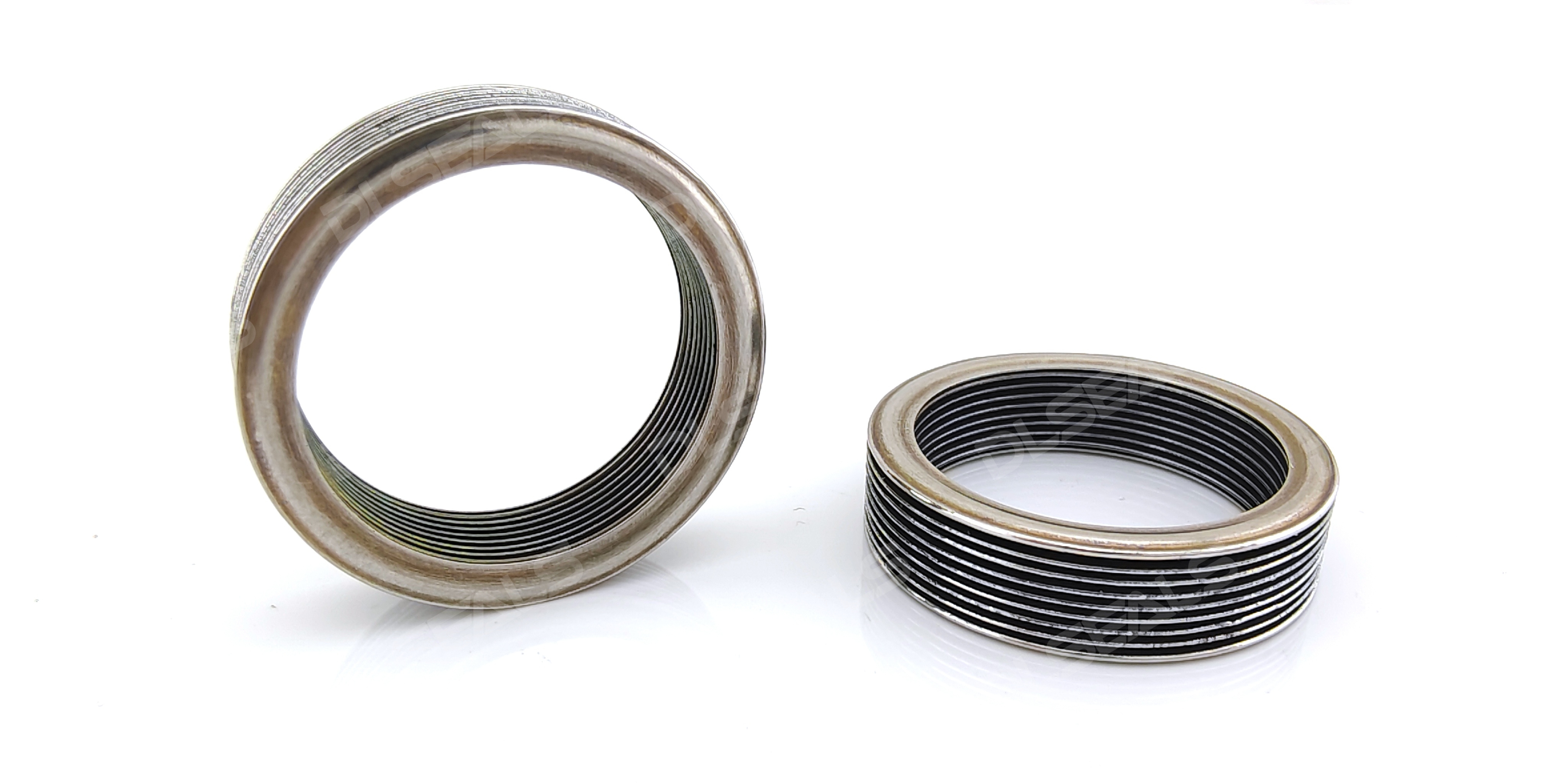Introduction
As an important mechanical component, metal bellows are widely used in various industrial fields due to their unique structure and performance. From design principles to practical applications, metal bellows play an indispensable role in modern industry. This article will deeply explore the characteristics of metal bellows from the aspects of its design principles, material selection, function and application.
Design principle
The design of metal bellows is based on its special corrugated structure, which gives the bellows extremely high flexibility and elasticity. Its main design principles include the following aspects:
Deformation ability: The bellows are deformed by compression and stretching of the corrugation. This deformation ability enables it to maintain good sealing and stability under high pressure or high temperature environment.
Stress distribution: By reasonably designing the shape and thickness of the corrugation, the external applied pressure can be effectively distributed to avoid local stress concentration, thereby extending the service life of the bellows.
Sealing performance: The design of the bellows takes sealing into consideration. Through the elastic deformation of the corrugation, the sealing effect at the connection is ensured to prevent medium leakage.
Material selection
The material selection of metal bellows has a decisive influence on its performance and service life. Commonly used materials include:
Stainless steel: Stainless steel is widely used in the manufacture of bellows due to its excellent corrosion resistance and mechanical properties, especially in the chemical and food industries.
Nickel-based alloys: In high-temperature and highly corrosive environments, nickel-based alloys are ideal due to their excellent high-temperature and corrosion resistance.
Copper and copper alloys: Copper and its alloys have good thermal conductivity and electrical conductivity, and are suitable for occasions that require good thermal and electrical conduction.
Titanium alloys: Titanium alloys are known for their light weight and high strength and are often used in high-end fields such as aerospace.
Function
The main functions of metal bellows can be summarized as follows:
Displacement compensation: Bellows can absorb thermal expansion and mechanical displacement in the pipeline system to prevent pipeline rupture or loose connection caused by displacement.
Vibration reduction and noise reduction: Through the elastic deformation of the corrugation, the bellows can effectively absorb vibration and impact, and reduce the noise and vibration of the equipment.
Sealed connection: Bellows play a sealing role in pipeline connection to ensure the sealing of the pipeline system under high pressure or vacuum conditions.
Transmitting torque: Bellows can transmit torque in the axial and radial directions and are suitable for various complex working environments.
Application
The application field of metal bellows is very wide, covering multiple industrial sectors:
Petrochemical: In the petroleum and chemical industries, bellows are used for compensation and sealing of pipeline systems, especially in high temperature and high pressure environments.
Aerospace: In the aerospace field, bellows are used to connect and compensate structural parts to ensure reliability and stability under extreme conditions.
Automotive industry: In automobile exhaust systems, bellows are used for shock absorption and compensation to improve the comfort and durability of vehicles.
Food processing: In the food processing industry, stainless steel bellows are used to transport fluids to ensure food hygiene and safety.
Medical equipment: In medical equipment, bellows are used to connect and transmit gases or liquids to ensure precise control and safe operation of equipment.
Conclusion
As an important mechanical component, the design principle, material selection, function and application of metal bellows all show their importance in modern industry. With the continuous advancement of technology, the performance of metal bellows will be further improved, and its application in various fields will be more extensive. In the future, with the introduction of new materials and new processes, metal bellows will play a unique role in more high-end applications.
Post time: Jan-11-2025

